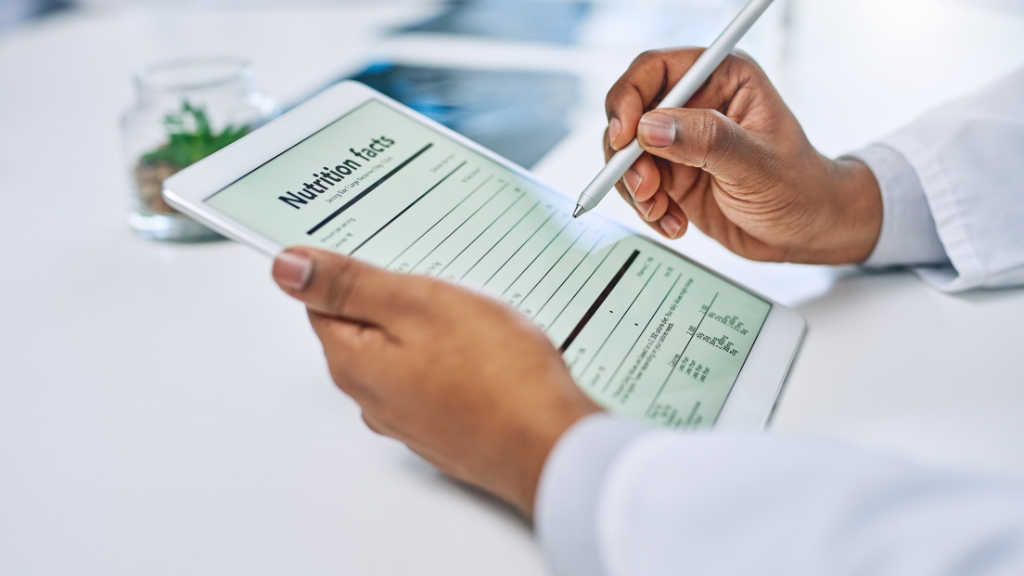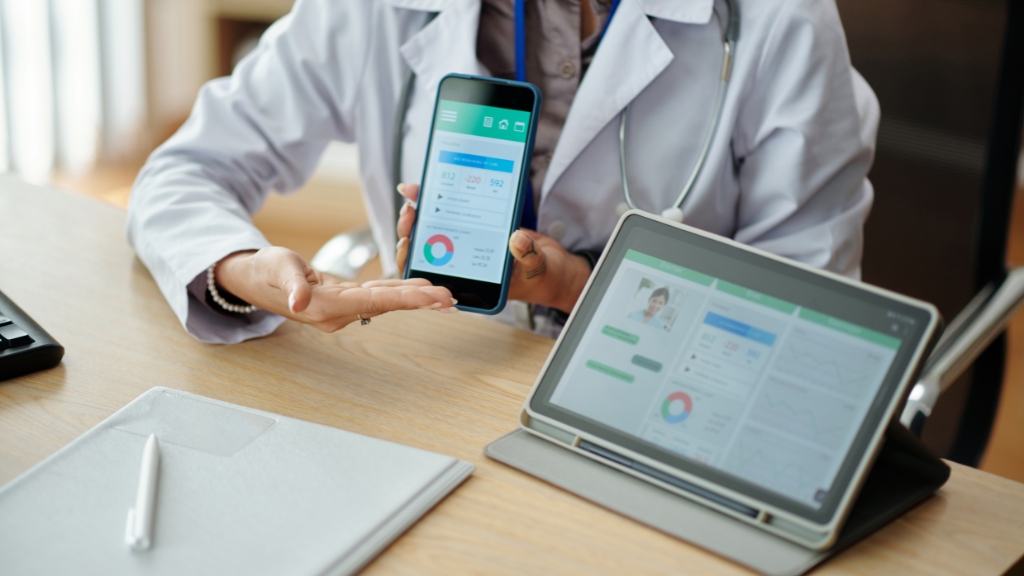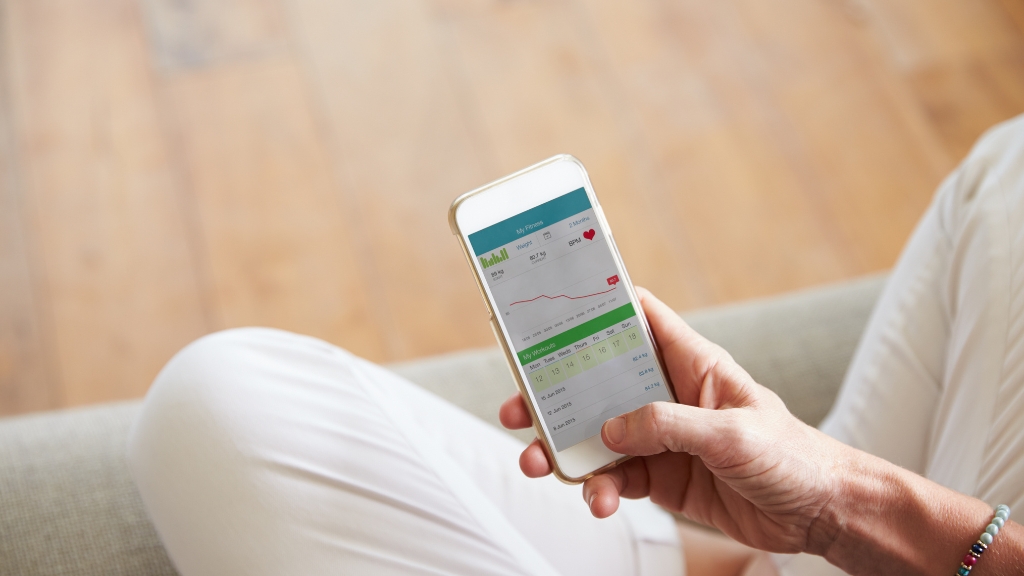
5 Essential Features Every Healthcare App Should Have
August 22, 2024 / 0 Comments / in Healthcare / by pulseiq
Creating a successful healthcare app involves implementing key features that ensure usability, security, and a positive user experience for both patients and healthcare providers. Here are five essential features that every healthcare app should have:
- Secure Patient Data Management
- HIPAA Compliance: Ensuring compliance with HIPAA (Health Insurance Portability and Accountability Act) standards in the US is crucial for protecting patient information and maintaining user trust.
- End-to-End Encryption: Data encryption for all communications and stored information guarantees that sensitive information remains secure, providing patients peace of mind when sharing health data through the app.
- Role-Based Access: Healthcare apps can further enhance security and privacy by restricting access based on user roles (e.g., patient, doctor, administrator).
- User-Friendly Telemedicine Capabilities
- Video and Voice Consultations: Offering reliable video and voice call features enables remote consultations, making healthcare more accessible, especially for users in remote areas.
- In-App Messaging: Real-time messaging allows patients to ask questions, clarify treatment plans, and report symptoms conveniently, fostering continuous engagement without needing an in-person visit.
- Appointment Scheduling: Integrated scheduling capabilities let patients book, reschedule, or cancel appointments directly within the app, simplifying the process for both patients and providers.
- Comprehensive Health Records and Data Tracking
- Electronic Health Records (EHR) Integration: EHR integration allows for seamless sharing of patient history, lab results, and treatment plans between healthcare providers and patients, ensuring everyone has access to accurate information.
- Health Metrics Tracking: The app should allow patients to monitor key health metrics like blood pressure, glucose levels, heart rate, or physical activity. This data can then be shared with healthcare providers for ongoing monitoring and informed decision-making.
- Medication Reminders and Notifications: To improve adherence, medication tracking, and reminder features help patients stay consistent with their treatments, reducing the chances of missed doses or improper usage.
- Patient Education and Resources
- Health Education Materials: Articles, videos, and FAQs on common health issues, treatments, and wellness practices empower patients to make informed decisions and foster proactive health management.
- Personalized Health Tips: Based on the user’s health data, the app can offer customized tips or reminders to promote healthier habits, enhancing the overall user experience.
- Symptom Checker: Some apps include AI-driven symptom checkers, allowing users to identify possible conditions and understand when they should seek further care.
- Seamless Integration with Wearable Devices
- Sync with Wearables: Integration with devices like fitness trackers or smartwatches enables real-time monitoring of vital signs and activity levels, providing valuable data that can enhance preventive care.
- Data Visualization: Displaying collected data in easy-to-read graphs or charts allows users and providers to view trends over time, making detecting anomalies or tracking improvements easier.
- Alerts for Abnormal Readings: When integrated with wearables, the app can send notifications if specific metrics (e.g., heart rate or oxygen levels) go beyond safe thresholds, prompting users to seek immediate care if necessary.
Conclusion
These five features make a healthcare app functional but also secure, personalized, and user-friendly. By integrating these essentials, healthcare apps can offer a comprehensive tool for better patient care, stronger doctor-patient relationships, and improved health outcomes.
FAQs
- Why is HIPAA compliance necessary for healthcare apps?
HIPAA compliance ensures the app follows legal standards to protect patient information and maintain confidentiality. - What health metrics should a healthcare app track?
Standard metrics include heart rate, blood pressure, glucose levels, sleep patterns, and physical activity. - How do telemedicine features benefit patients?
Telemedicine allows patients to consult healthcare providers from the comfort of their homes, making healthcare more accessible and convenient. - Can healthcare apps replace in-person doctor visits?
Healthcare apps are a supplement to, not a replacement for, in-person visits, especially for conditions that require physical examinations. - How does wearable device integration improve healthcare apps?
Integrating with wearables allows real-time health data collection, which helps in monitoring and provides insights into a patient’s health trends.
Leave a Reply
Want to join the discussion? Feel free to contribute!
- AI in Diagnostics: Revolutionizing Early Detection and Accuracy
- How AI and Advanced Analytics Are Transforming Healthcare Outcomes
- Investing with Confidence: The Role of ROI Calculators
- How ROI Calculators Drive Data-Driven Business Strategies
- The Ultimate Guide to ROI Calculators for Business Success
- Making Sense of ROI Calculators: A Comprehensive Guide
- June 2025 (1)
- May 2025 (1)
- October 2024 (2)
- September 2024 (31)
- August 2024 (31)
- July 2024 (27)
- June 2024 (28)
- May 2024 (30)
- April 2024 (33)
- March 2024 (23)
- February 2024 (29)
- January 2024 (3)
- December 2023 (47)
- November 2023 (36)
- October 2023 (23)
- September 2023 (2)
- June 2023 (2)
- May 2023 (13)
- April 2023 (1)




